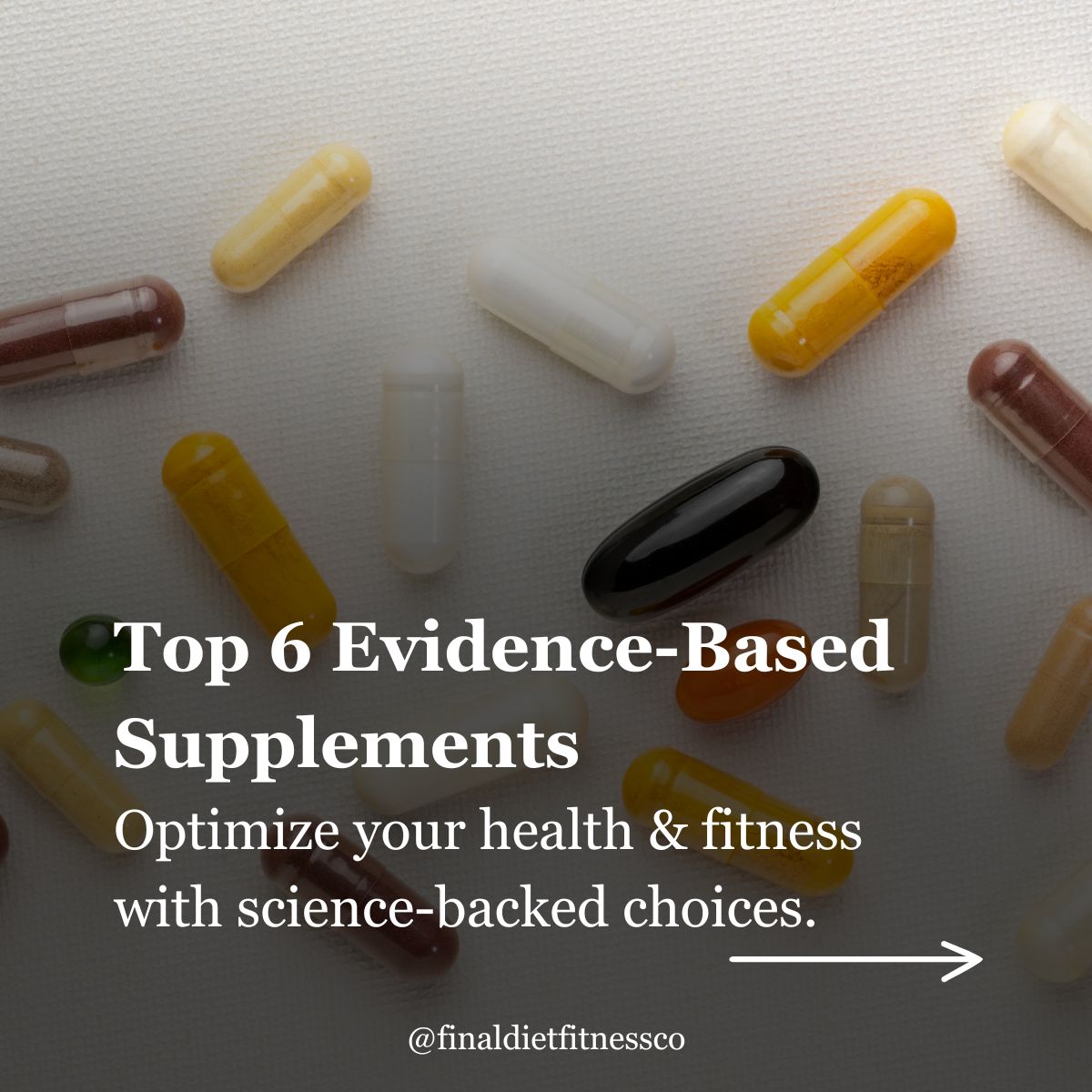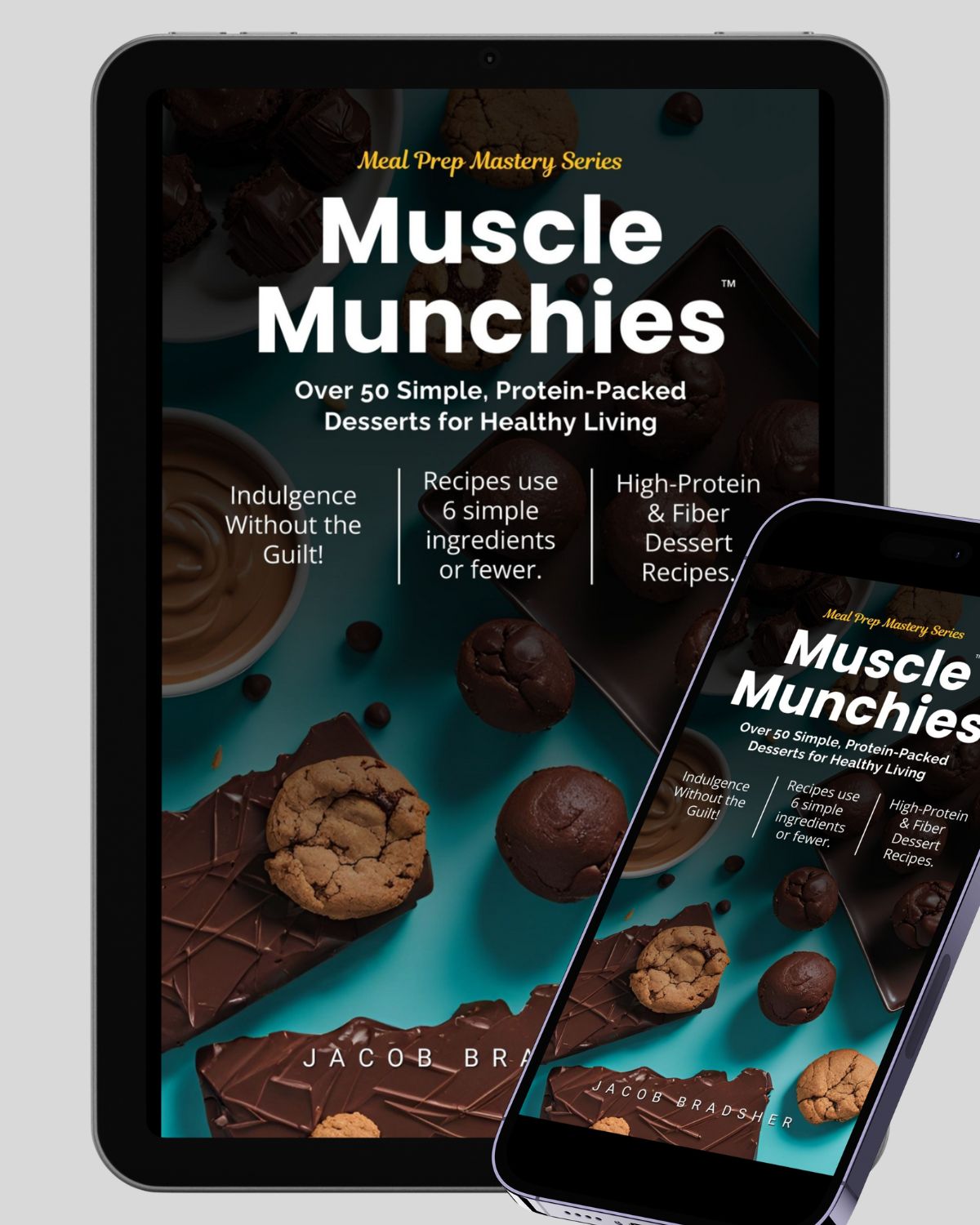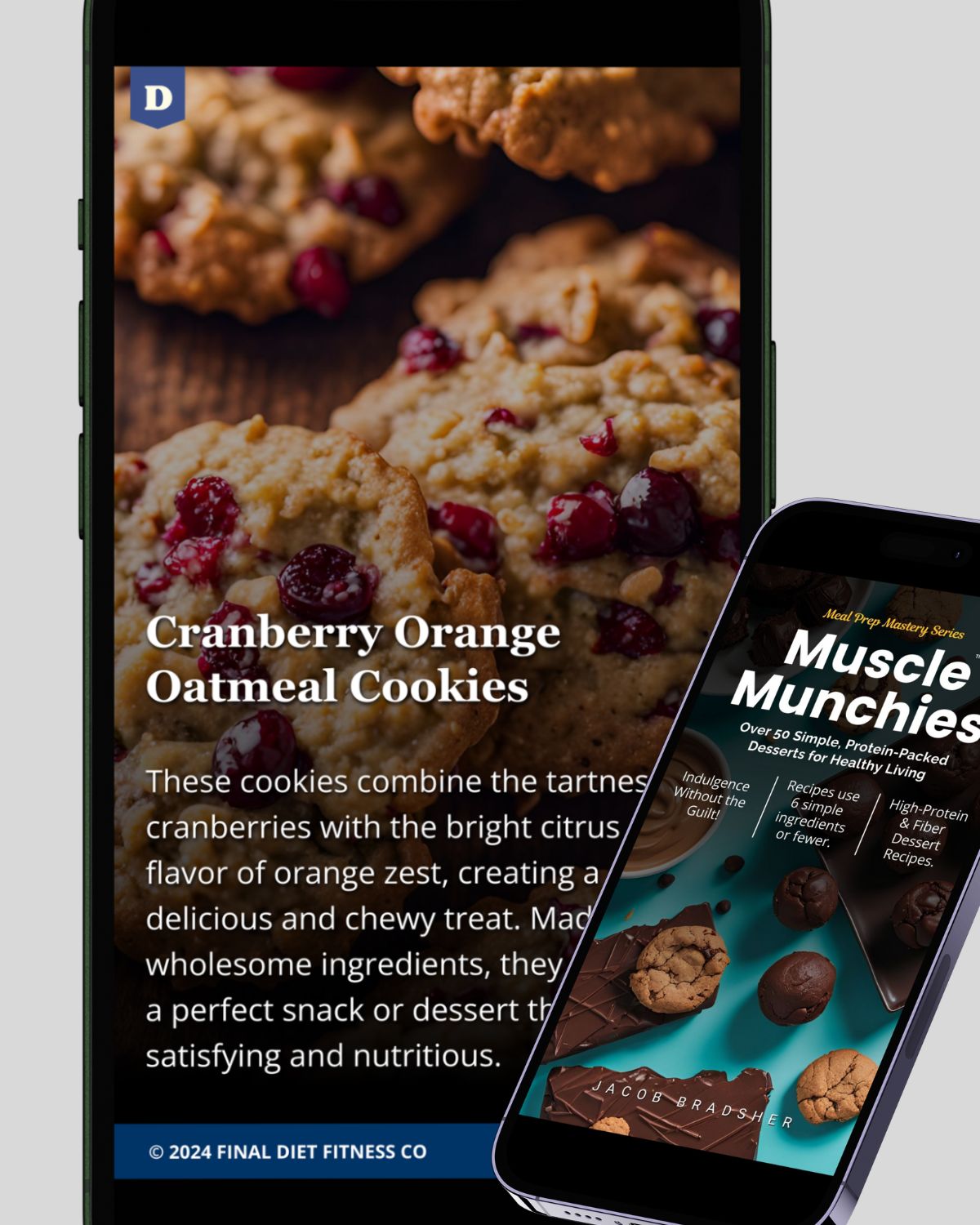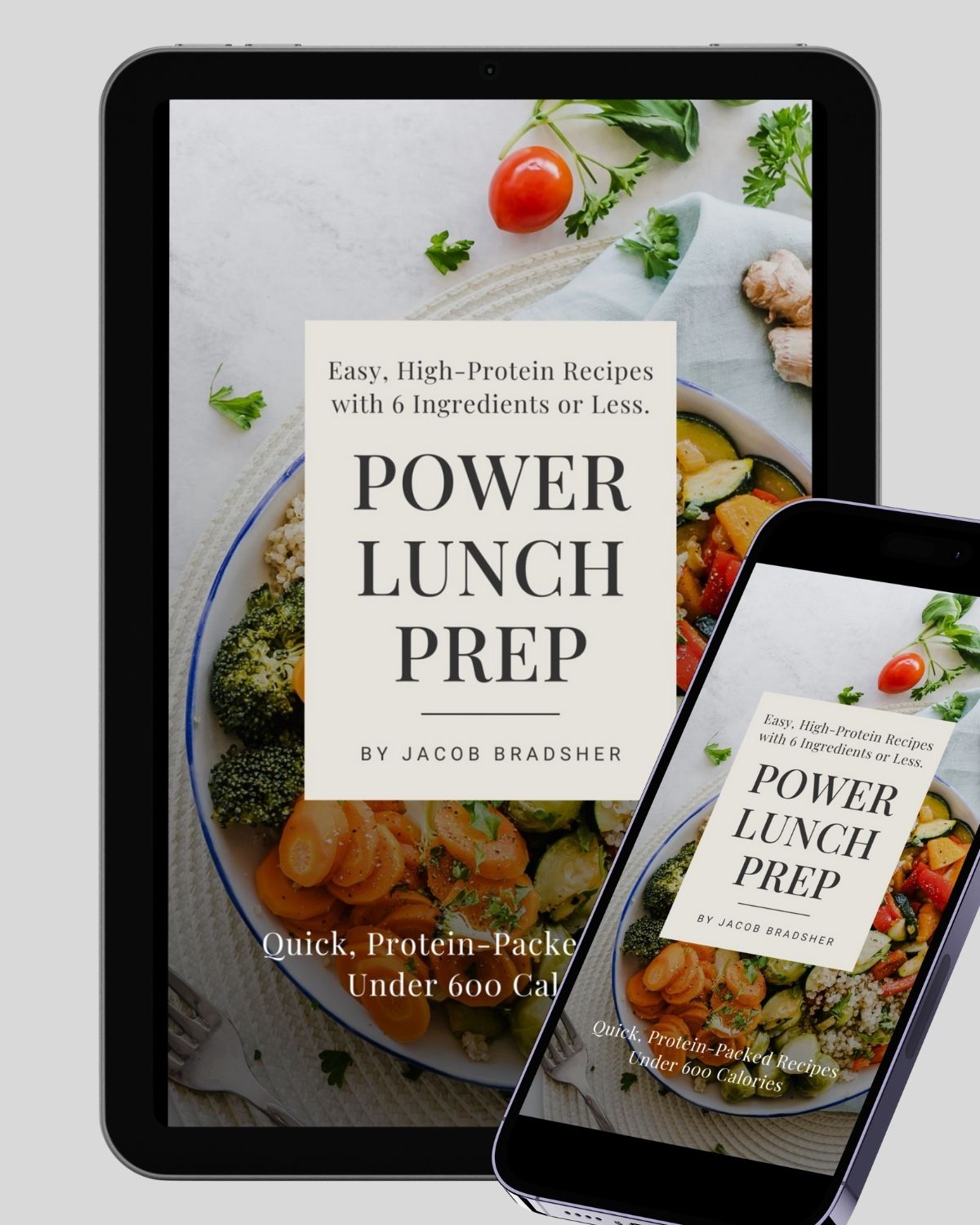
When it comes to optimizing health, fitness, and performance, supplementation can play a powerful role. However, with so many options on the market, it's essential to focus on supplements backed by science. Below, we dive into the six best evidence-based supplements, their benefits, and address common concerns about their use.
Protein Powder
Why Take It: Protein powder is a convenient and effective way to meet daily protein needs. It supports muscle repair, recovery, and growth while also aiding satiety during fat loss.
Common Concerns:
-
"Is it natural?" Yes, protein powders are derived from natural sources like milk (whey and casein) or plants (pea, rice, or soy). They are concentrated for convenience, not chemically altered.
-
"Will it harm my kidneys?" Research shows protein supplementation is safe for healthy individuals. If you have pre-existing kidney issues, consult a healthcare provider.
-
"Do I need it if I eat enough protein?" If you can hit your protein goals through whole foods, protein powder isn’t necessary. It’s simply a convenient option.
Creatine Monohydrate
Why Take It: Creatine boosts strength, power, and exercise performance by increasing phosphocreatine stores in muscles. It’s also been linked to cognitive benefits.
Common Concerns:
-
"Will it make me bloated?" Creatine can cause temporary water retention in muscles, which isn’t harmful and often subsides with continued use.
-
"Is it safe for long-term use?" Yes, extensive research shows that creatine is safe for long-term use in healthy individuals.
-
"Do I need to cycle creatine?" No cycling is required. Daily supplementation of 3-5 grams is sufficient for ongoing benefits.
Caffeine
Why Take It: Caffeine enhances energy, focus, and endurance while increasing fat oxidation during exercise. It’s particularly beneficial for high-intensity and endurance athletes.
Common Concerns:
-
"Will it cause dependency?" Regular caffeine use can lead to mild dependence, but this can be managed by moderating intake (3-6 mg/kg of body weight) and taking occasional breaks.
-
"Does it disrupt sleep?" Yes, if consumed too late in the day. Avoid caffeine within 6-8 hours of bedtime to ensure quality sleep.
-
"What’s the best form of caffeine?" Coffee, tea, and caffeine pills are all effective. Choose what fits your lifestyle.
Omega-3 Fatty Acids (Fish Oil or Algal Oil)
Why Take It: Omega-3s support heart health, reduce inflammation, and enhance brain function. EPA and DHA, found in fish oil or algal oil, are the key components.
Common Concerns:
-
"What if I don’t eat fish?" Algal oil is a vegan-friendly source of EPA and DHA.
-
"Is it safe?" High-quality, third-party-tested supplements are safe. Opt for products free from heavy metals and other contaminants.
-
"Can I get enough from food?" Fatty fish like salmon and mackerel provide omega-3s, but supplementation ensures consistency, especially for non-fish eaters.
Vitamin D
Why Take It: Vitamin D is essential for bone health, immune function, and hormonal balance. Many people, especially those in regions with limited sunlight, are deficient.
Common Concerns:
-
"How do I know if I’m deficient?" A simple blood test can measure your Vitamin D levels. Symptoms of deficiency include fatigue, bone pain, and frequent illnesses.
-
"Can I overdose on Vitamin D?" While rare, excessive intake can cause toxicity. Stick to recommended doses (2,000-4,000 IU/day) unless prescribed higher amounts by a healthcare provider.
-
"Is sun exposure enough?" Sunlight can help, but factors like location, season, and skin tone may limit production, making supplementation beneficial.
Magnesium
Why Take It: Magnesium is vital for muscle function, energy production, and stress management. It’s also linked to better sleep quality and reduced muscle cramps.
Common Concerns:
-
"What type of magnesium is best?" Magnesium glycinate or citrate are well-absorbed and gentle on the stomach. Avoid magnesium oxide, which has low bioavailability.
-
"Can I get enough from food?" Foods like nuts, seeds, leafy greens, and whole grains are good sources, but many people still fall short.
-
"Will it upset my stomach?" High doses can cause digestive discomfort. Start with smaller amounts (200-400 mg/day) and adjust as needed.
Final Thoughts:
These six supplements are supported by robust scientific evidence and can enhance your health and fitness journey. However, supplementation should complement, not replace, a nutrient-rich diet and a healthy lifestyle. Always consult with a healthcare provider before starting any new supplement, especially if you have underlying health conditions or take medications.
By understanding the benefits and addressing common concerns, you can make informed decisions about what supplements are right for you.







